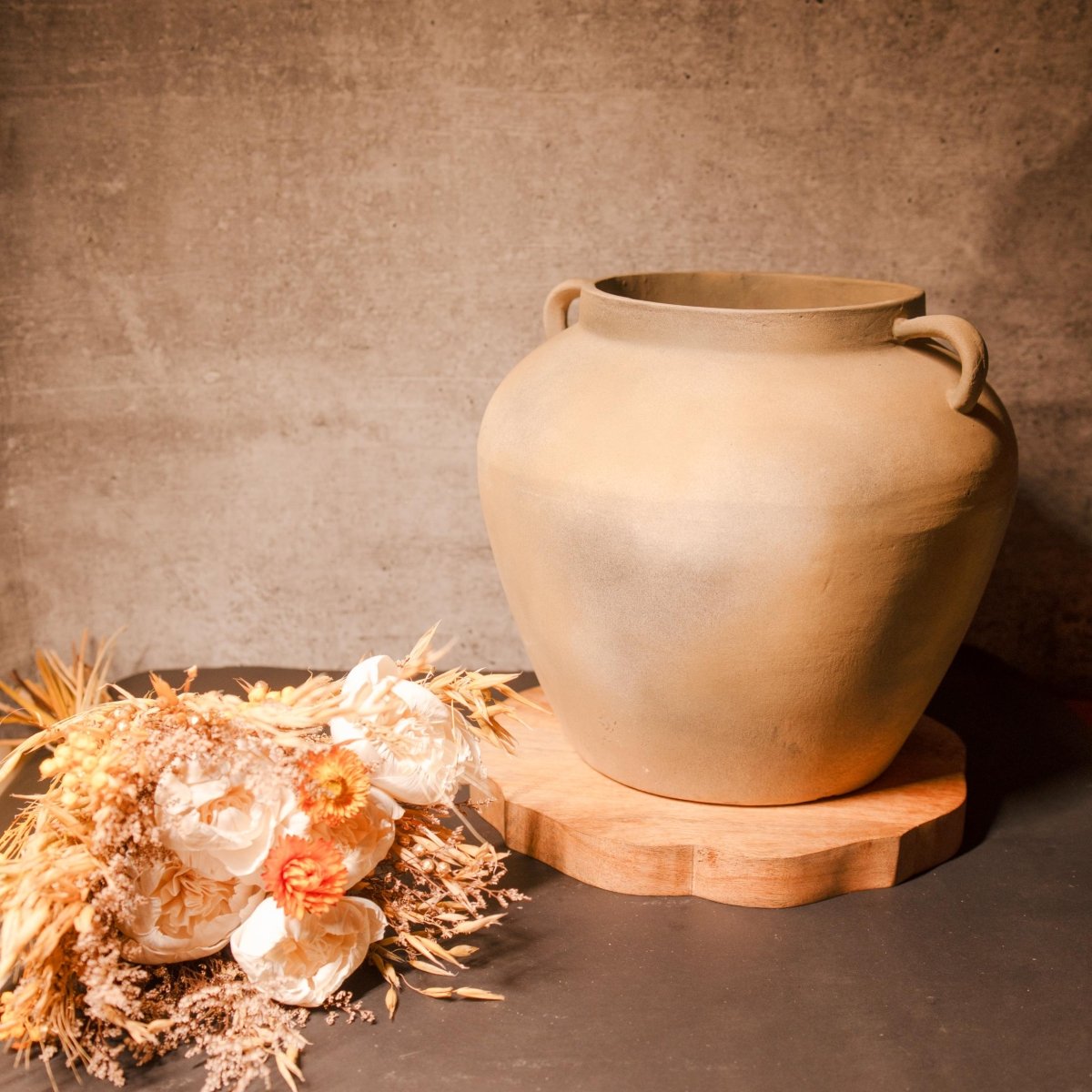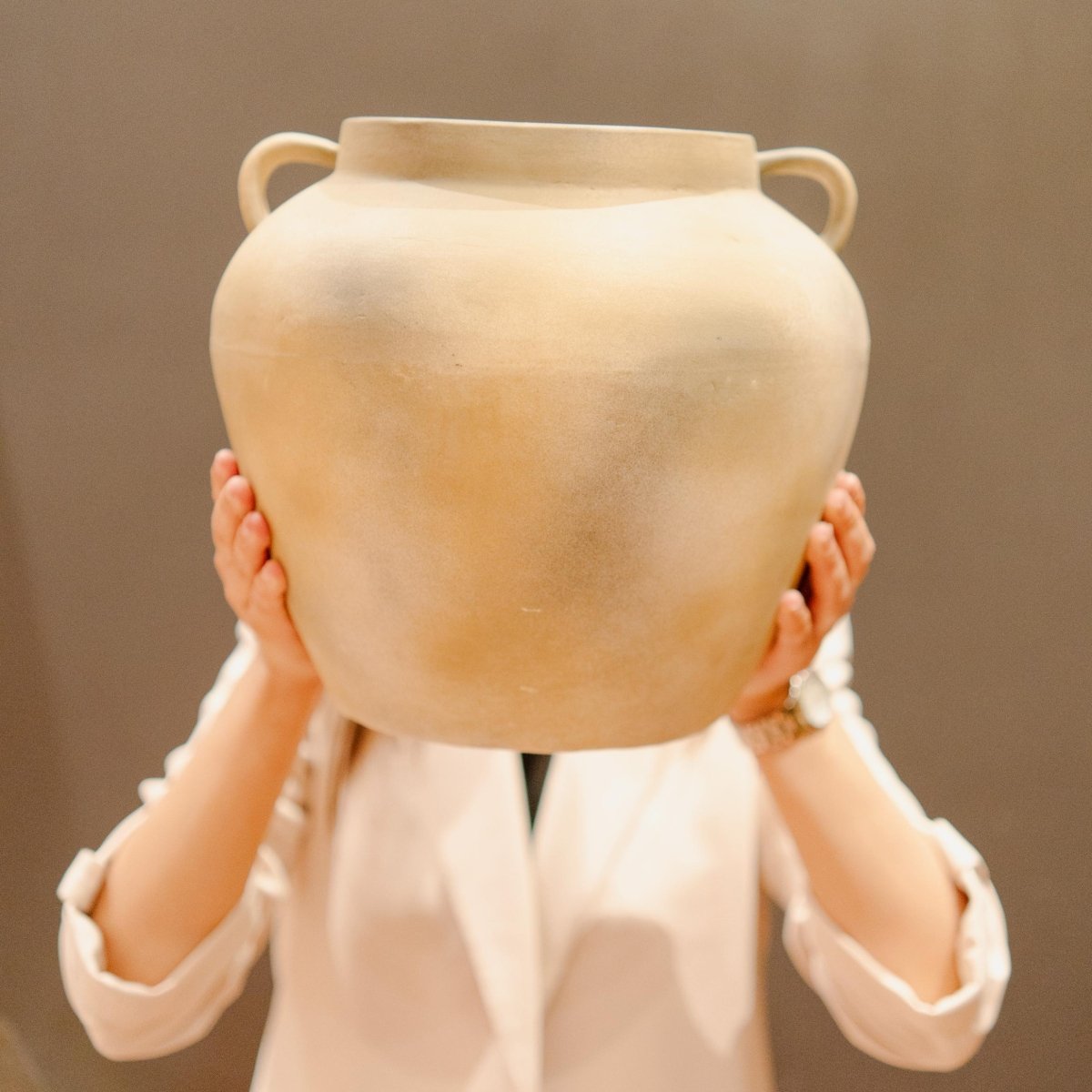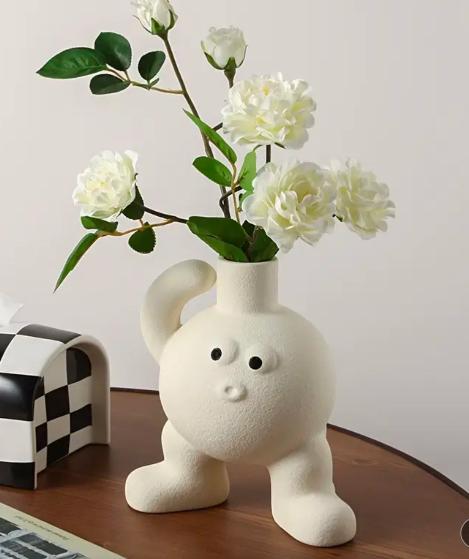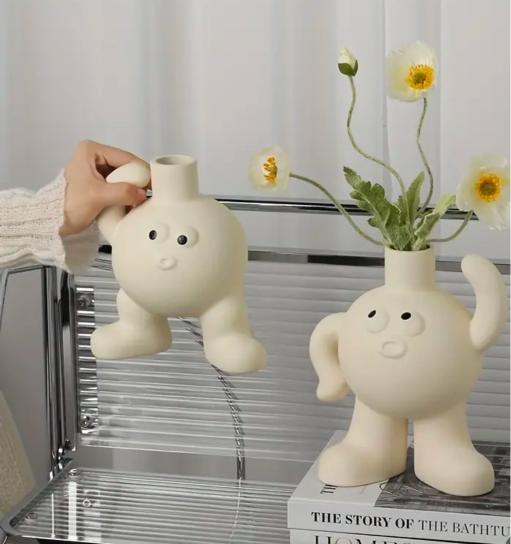“When you can’t control what is happening, try to control your reaction to what is happening.”- Buddha
Over the past few years, the world has been reeling under the dark cloud of a pandemic. Despite things being tough for everyone, the one thing that brought a ray of hope was the common learning we all imbibed. Many of us learnt the value of slow living, and preserving nature’s gifts by #BecomingSustainable.
The advocates of sustainable living have always given immense importance to one key principle- The concept of minimalism. To many, this may seem like a more modern-day concept, but in reality, minimalism has been the very foundation of our being.
We live in a world of diverse cultures and beliefs, but what they all have in common is the shared importance of leading a responsible lifestyle. Buddhism is one such way of life that upholds minimalism as a core principle.
What is Minimalism?
In the most basic terms, minimalism implies simple living- keeping your surroundings clean, spending frugally on only things we need, owning less and preserving more are all minimalist values.
According to Buddhist ideologies, this concept doesn’t only apply to possessions or material things, but also your state of mind. It also focuses on creating a balance for a happier, calmer mindset to lead a fulfilling life. It is believed that surrounding oneself with a clean, decluttered environment can help create a better focus on one’s spiritual and emotional growth.
The Four Noble Truths of Minimalism:
In Buddhism, the minimal way of life is explained through four key principles, also known as the four noble truths. These are meant to teach humankind the basics of living a conscious life and why it matters:
Principle 1: Balanced Living
It is often misunderstood that Buddhism refers to minimalism as a state of life where you entirely refrain from material wants. On the contrary, the teachings of Gautam Buddha advocate for leading a life of balance- Neither focused on excess consumption nor complete self-denial of one’s desires.
Rather, the right way to follow this principle is based on finding your own middle ground. Aim to eliminate the excess from your surroundings and focus on those possessions that add real meaning or utility to your life.
Principle 2: People Over Possessions
According to Buddhism, happiness can be felt limitlessly provided we lead a life of value. In today’s fast-moving world of instant gratification, we often tend to associate happiness with the things we own, or the experiences we can buy. Buddhist practices give immense importance to looking beyond possessions and focusing on real connections.
To put it practically, this doesn’t mean giving up your needs or wants but finding meaning in all that you do. To be able to follow this principle every day, focus on the way you interact with your surroundings and find ways to connect with nature in different ways daily:
- Whenever possible, replace the ‘home delivery’ model of grocery shopping with a visit to your local farmer’s market. Meet those who grow your food, touch & feel the things you may eat and talk to more people as a part of the shopping experience.
- Spend less time online, more time outdoors. Take a long walk, detox from screens and gadgets, interact with your peers and spend some quiet moments taking in your surroundings.
- Focus on producing lesser waste and doing more for the environment. Plant trees, clean up your surroundings, be kind to animals and do your bit to preserve nature.
- Shop only for what you need and use what you own completely.
Principle 3: Practising Detachment
Non-attachment means different things to different people. Another common misconception is that to stay detached, one must be devoid of emotional attachments. According to Buddhism (and many other spiritual paths), it is not expected of us to be emotionless, as this is part of our life journey when we take the human form.
Rather, one must fulfil their duties wholeheartedly, while giving up limiting attachments to materialism. Buddhism advocates focusing on the joy’s of life that come from sources other than one’s possessions. This includes interacting with nature, spending time with your loved ones and doing things that give you peace of mind.
Avoiding the temptation of extreme desires and wealth creation is the ideal way to practice this principle of minimalism. Attachment of this kind is often associated with spiritual and mental distress, as well as negative emotions (like greed, jealousy, envy). Hence Buddhism advocates for practising a sense of distance from these frivolities.
Principle 4: Staying Content
The fourth noble truth of Buddhism is an extension of the above-mentioned pillars of minimalism. Besides practising detachment from excess consumption, minimalism also advocates for contentment.
To be satisfied with what you already own and make the best use of nature’s many gifts is a core ideology of the Buddhist way of life. You may have often heard the same from sustainability enthusiasts, who also practice this ideology earnestly.
When you shift your outlook towards minimalism, you will start to notice how most of the things you own can actually serve more than one purpose. Gaining contentment of this sort also helps you focus on the more important things of life, improves productivity and reduces the time you spend on gathering possessions.
Becoming Sustainable
You may have realised by now, that these ideologies are quite interconnected. To be able to live minimally, you needn’t aim to be perfect at these principles, as long as you commit to trying. After all, as we always say, #BecomingSustainable is all about trials, errors and imperfections!




















































Share:
5 Steps For A Sustainable Winter Season
Sustainable Weddings: Reducing Waste, Celebrating Love, and Honoring Tradition